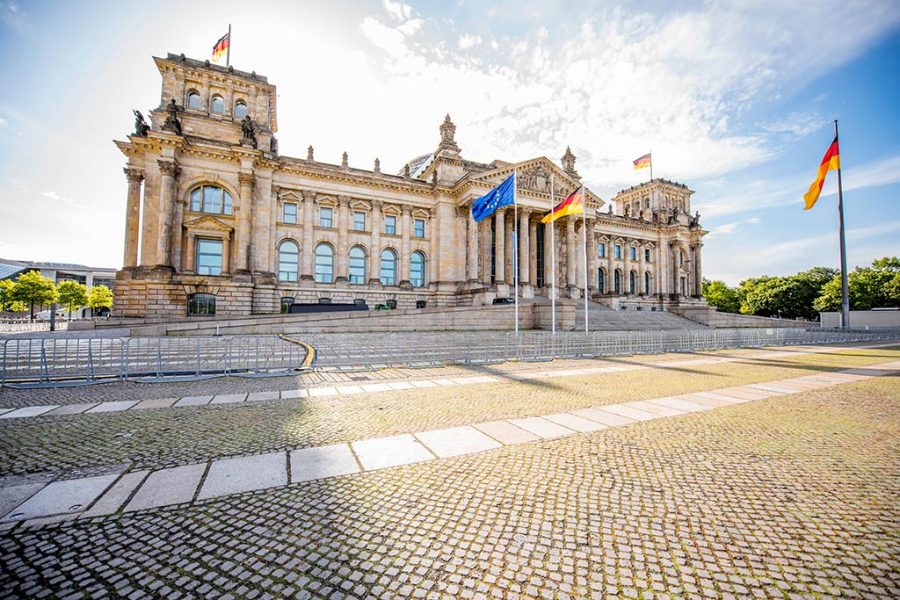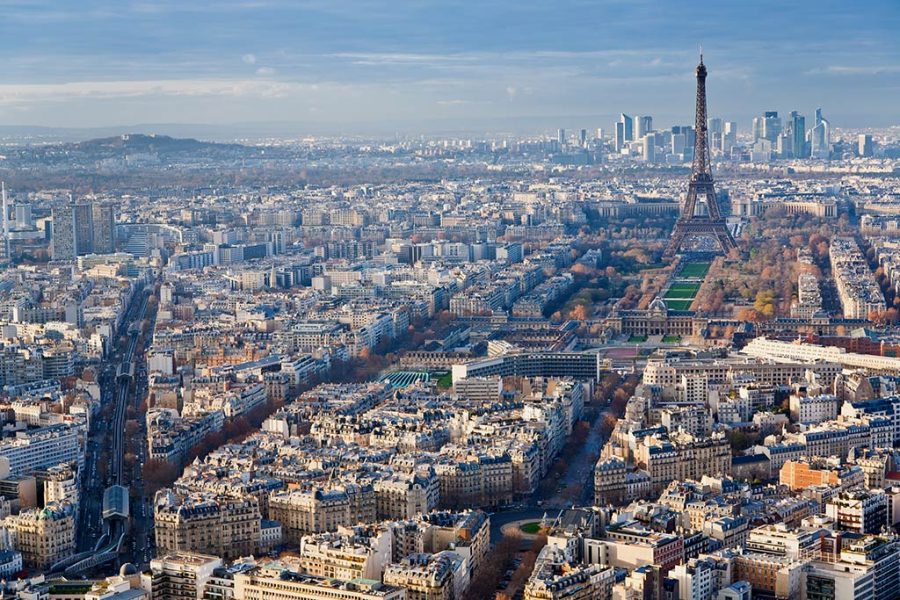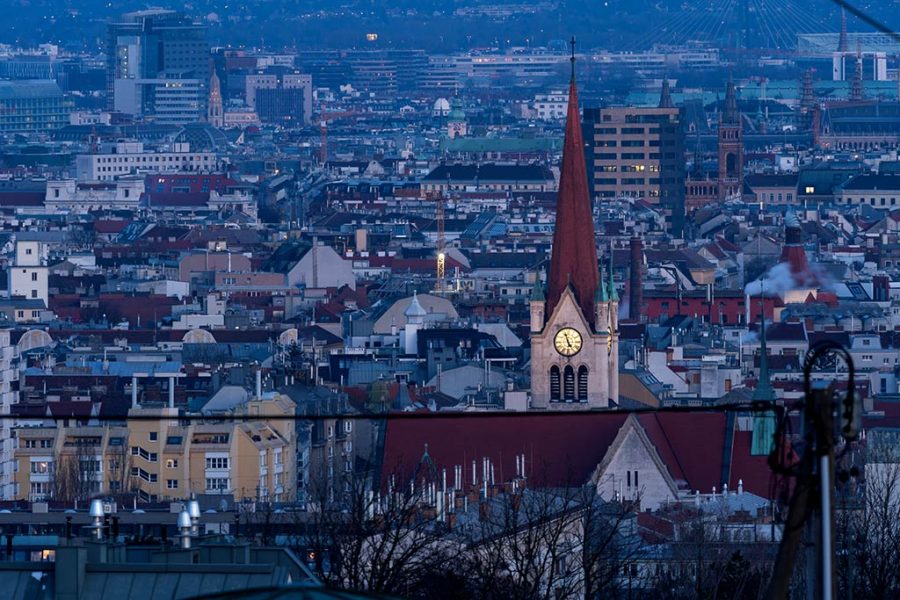After it was published in the EU’s official administrative gazette, the European Union’s plan to reduce gas consumption came into force across Europe and beyond. Citizens received guidelines on how to save energy in preparation for the “coldest winter”.
Germany leads the way in savings, which, preparing for the impending energy crisis, was one of the first to take concrete measures to reduce energy consumption. Given that it relied on Russia for more than half of its gas before Moscow’s February 24 invasion of Ukraine, it is particularly vulnerable to disruptions and has already seen a drop in supplies, Reuters reports.
Bavaria has agreed ways to cut energy consumption by 15 percent between August and the end of March, including turning off thermostats in public buildings. According to the five-point program approved by the government of this German state, public offices must be heated to a maximum of 20 degrees Celsius, and the water in the bathroom will not be heated in winter.
The government will turn off or on the lights in the corridors of public buildings and outside them at certain times. The goal of the measures in the southeastern region is to help fill the country’s gas storages to avoid shortages during the winter peak, according to a statement from the Chancellor of the Exchequer, Reuters reports.
At the end of July, Hanover announced energy-saving measures, such as the abolition of hot water in showers and bathrooms in city buildings and recreation centers. Also, municipal buildings will only be heated from October 1 to March 31 at a room temperature of no higher than 20 degrees Celsius, with the ban on the use of mobile air conditioners and heaters. Nurseries, schools, nursing homes and hospitals will be exempt from austerity measures.

Berlin turned off the floodlights as a measure to save electricity, and Munich also took the initiative to turn off the floodlights in its city hall on the Marienplatz square, in which there will be only cold water in the municipal offices, and the fountains are also planned to be turned off.
And the administration of the Munich Football Club Bayern adopted a package of energy saving measures.
According to “Sport Bild”, it was decided to turn off the lights at Bayern’s magnificent stadium “Allianz Arena”, so the red exterior lighting will only be on for three hours after dark, and until now it was six hours. The heating of the lawn will be switched from gas to hot air pumps, for which electricity will be generated by the stadium’s solar panels.
The operation of the air conditioner will be reduced, and the lodges will be cooled or heated only when the users announce in advance that they will use them. Stadium visitors will only be able to use cold water in the toilets.

On the other hand, the Ministry of Energy of Austria recommends citizens to take shorter showers in order to use as little hot water as possible, and to use cold water for washing hands, teeth or dishes.
On the website of the Ministry, you can read the advice that citizens should scrape off the remains from dishes instead of immersing them in hot water, as well as to cook with a closed lid, because this saves up to 40 percent of energy.
The Austrian supermarket chain “Spar” in Austria also joined the savings measures, ordering a reduction in lighting in its 800 facilities.
In the “Špar”, “Eurošpar”, “Interšpar” and “Maximarkt” facilities, the lights are turned off earlier than before, the external lighting lights up significantly shorter – shortly before opening and after closing, which is expected to significantly reduce electricity consumption by about one million kilowatt hours per year.

According to the assessment of the Austrian army, the probability that there will be a “blackout” in Austria in the next five years, i.e. a collapse of the electricity grid, is 100 percent. A “blackout” would affect almost the entire supply in the country, which means that nothing would actually work.
The aging power grid in Austria is cause for concern. The transmission network dates back to the middle of the last century, and the association of traders is preparing for just such a situation, so it issued a manual for the case of a “blackout”.
The consequences of a “blackout” would be catastrophic for society, the economy and trade, the association states. If the electricity were to go out in Austria for 24 hours, the damage to the economy would be at least 1.2 billion euros.
In this regard, the citizens of Switzerland should think about having candles in the house in case of a power outage lasting several hours, says the head of the energy regulator (Elcom) Werner Luginbill for “Noe Züricher Zeitung” (NZZ).
In Switzerland, they have been preparing for possible chaos in connection with electricity since the fall, so citizens are told that they must expect, in the worst case, a power cut in the winter.
If there is a power shortage, the Swiss authorities have prepared measures, such as reducing street lighting, turning off shop window lighting, as well as illuminated advertisements.
The introduction of a ban on the use of snowmaking devices, as well as the sale of electric heaters, is also being considered.